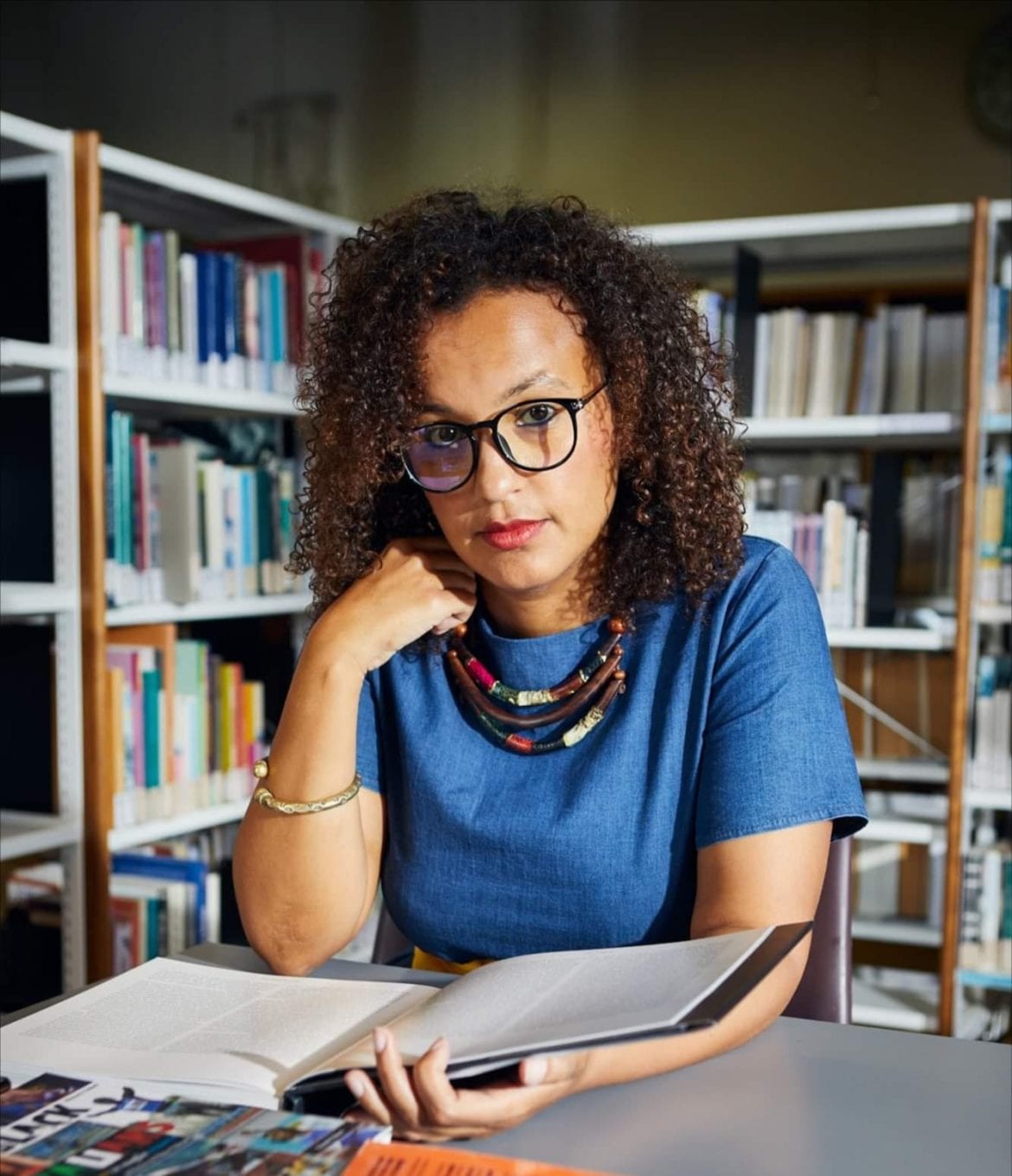| CANAL CES |
| PODCAST |
| TEMAS |
| PESSOAS |
|
Interview by: Gaia Giuliani Este podcast faz parte da série de 28 podcasts realizados sobre o caso português e italiano no âmbito do projeto de investigação de 36 meses (2018-2021) (De)Othering: Desconstruindo o Risco e a Alteridade: guiões hegemónicos e contra-narrativas sobre migrantes/refugiados e “Outros internos” nas paisagens mediáticas em Portugal e na Europa, que pretendeu analisar criticamente representações mediáticas de migrantes, refugiados e “outros internos” em Portugal e na Europa, mapeando as suas interconexões com narrativas produzidas no domínio da segurança e no quadro da Guerra ao Terrorismo. O seu foco, uma análise de Portugal à luz de estudos de caso europeus profundamente afetados por ameaças terroristas (Reino Unido e França) e por fluxos migratórios/de refugiados (Itália e Alemanha), pretende investigar a construção de narrativas transnacionais de risco que permeiam a Europa independentemente da sua exposição “diferenciada”. O projeto foi financiado pelo pelo FEDER – Fundo Europeu de Desenvolvimento Regional através do COMPETE 2020 – Programa Operacional Competitividade e Internacionalização (POCI) e por fundos nacionais através da FCT – Fundação para a Ciência e a Tecnologia (Referencia Projeto: POCI-01-0145-FEDER-029997) ----- English Version This podcast is part of a series of 28 podcasts produced on the Portuguese and the Italian cases as outputs of the research undertaken in the 36 months project (2018-2021) (De)Othering: Deconstructing Risk and Otherness: hegemonic scripts and counter-narratives on migrants/refugees and ‘internal Others’ in Portuguese and European mediascapes that sets out to critically examine media representations on migrants, refugees and ‘internal Others’ in Portugal and across Europe while mapping out their interconnections with particular narratives in the field of security and within the War on Terror. Its focus – an analysis of Portugal in the light of other European cases affected by terrorist threats (United Kingdom and France) and by migrant/refugee flows (Italy and Germany) – aims to explore the construction of transnational narratives of risk pervading Europe regardless of the ‘differential’ exposure to them. The project was funded by FEDER – European Regional Development Fund through the COMPETE 2020 – Operational Programme for Competitiveness and Internationalisation (POCI), and by Portuguese funds through FCT in the framework of the project 029997 (Reference: POCI-01-0145-FEDER-029997).
Angelica Pesarini is a scholar working on the intersection of race, gender and citizenship in colonial and postcolonial Italy. Her research focuses on the dynamics of race performativity and the racialization of Italian political discourse on the topic of immigration. Pesarini is the author of several publications, both in English and Italian, and a member of The Black Mediterranean Collective which recently published The Black Mediterranean: Bodies, Borders, and Citizenship (London: Palgrave Macmillan, 2021). Summary of the podcast In this episode, she examines media narratives on the migrant refugee crisis and the impact that recurring images and words have had on the Italian collective imaginary. The episode begins with a discussion on the image of Alan Kurdi, a three-year-old Syrian child that drowned in the Mediterranean Sea after the dingy carrying his family capsized on route to Europe in 2015. Kurdi’s body washed ashore in Bodrum, Turkey, the images of which became the symbol of the humanitarian crisis generated by lack of safe routes for migrants and refugees. Pesarini also draws on the story of Josefa, a woman rescued from the Mediterranean Sea in 2018 following the capsizing of the over-occupied dingy she was placed on. Images of Josefa’s rescue circulated in Italian mainstream media, where journalists scrutinized her supposed desperation based on her painted fingernails. Pesarini delves into a discussion on both the lack of Human Rights these people hold and the merciless show of their body; Alan’s lifeless body published in countless outlets without obscuring his face and Josefa’s images similarly published without consideration to her privacy and subsequently utilized as a political pawn for those seeking to delegitimize migration from the Global South. Pesarini then emphasizes the absence of migrants’ voices and faces in the images of barges – portrayed as waves of bodies without individuality or humanity – and in the case of hate crimes, when victim’s names are difficult to find. Draped in de-subjectifying narratives, media and political discussions of migration are roped into existing violent and racist constructs that effectively seek to dehumanize and erase categories of people. In this way, Pesarini argues, 'migrant' becomes synonymous with 'black'. That is why she and other black scholars claim the existance of a Black Mediterranean as part of the legacy of slavery and inherent colonialist de-humanisation of former colonial subjects. But, Although the dehumanised, generalised, and racialised representation of othered bodies leads to the creation of well-defined stereotypes, Afro-descendant communities across Italy are organizing to challenge mainstream perceptions They privilege social media because of its capacity to amplify self-expression, particularly in a country such as Italy, where television is still a completely white space. pessoas
ligações
|





 Bio of the speaker
Bio of the speaker